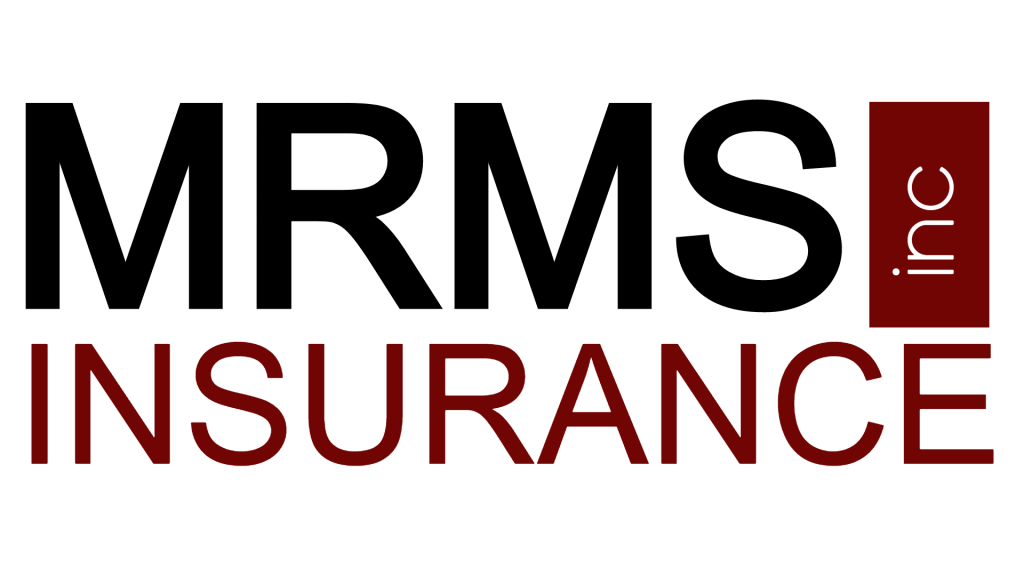Will You Need Short or Long Term Disability Insurance?
It’s late at night, you’re alone and driving home. You’re tired, but still have a couple miles to go. At last, you’re about a half mile from home. You relax and fall asleep at the wheel. You go off the road waking up when you’re going over some big bumps. You’re off the road and heading for the ravine. You cannot stop or control your car. The car finally stops. Your back hurts; you’re tingling front the chest down. Your feeling starts to come back as you reach for your phone. Thank God, your phone is in the carrier and did not end up on the passenger floorboard. You call 911 for help.
The surgeons tell you that you will most likely recover well, but have a 6 – 12 month road to recovery and you will not drive for 3 months. You will need someone with you most of the first month or two. Finally, after a week, you head home from the hospital.
Now the reality sets in and you realize this is a life changing event. Does this type of thing only happen to me? No, the Society of Actuaries states the odds of a 35 year old having a disability that lasts three months or longer is 41%,. Since you cannot work, how can you replace your paycheck? Your spouse may also need to take more time off work. Can you afford to lose her/his income also? What are you going to do?
There may be some good answers to your questions. First, your employer’s group insurance plan may include disability coverage (DI). You will want to ask. Better yet, ask now before you need it.
Plans are usually divided into two classifications: short term or long term DI. Short term plans may begin as soon as the 1st day for an accident, when you are not able to work. Sometimes these plans begin on the 8th or 15 day. They usually pay about 66% of your wage, up to a set maximum amount for as long as six months. Long term DI may coordinate with Short term DI and star after 13 or 26 weeks and pay for several years or longer.
If the injury (or sickness) causes permanent disability, Social Security Disability (SSDI) may be available. While SSDI may start as early as 5 months following a disability, since one of the requirements for SSDI is that the disability will last at least one year, your first check, if you qualify, usually do not begin for a year.
As most everything, it is best to plan for situations that could affect you life. If your employer does not have DI, you can purchase “paycheck protection” from an insurance company. These plans vary company to company and it is advisable to secure the help from a qualified insurance agent. He/she can help you identify your needs, the plan and benefits best for you. What happens if this accident happens to your spouse? Do you need their income?
To gather information on disability coverages, who needs it and how it would work for you see the following resources: http://www.smartmoney.com/plan/insurance/do-you-need-disability-insurance-17318/, or www.MRMS-INC.com. DI is an area where you will, most likely, need the assistance of a professional insurance agent. Having your medical bills paid by insurance is good, but having money to live is critical.




















